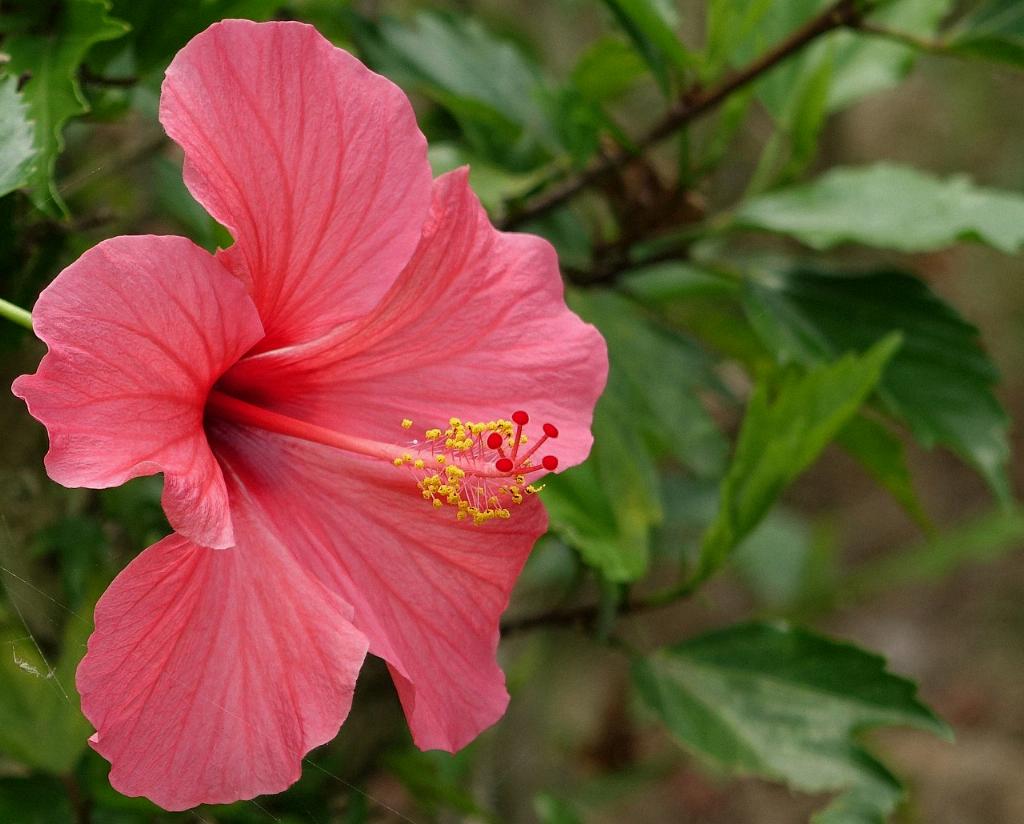When it comes to the safety of our beloved four-legged companions, it’s crucial to be aware of the potential risks associated with various plants and flowers that may be present in our homes or gardens. One common concern among pet owners is the toxicity of hibiscus flowers to dogs.
While hibiscus plants are generally considered safe for dogs to be around, it’s essential to note that not all varieties fall under this category. The Rose of Sharon hibiscus, scientifically known as Hibiscus syriacus, is one type that can pose a threat to our furry friends if ingested in significant quantities.
It’s concerning to learn that if a dog consumes a substantial amount of the Rose of Sharon hibiscus flower, they may experience unpleasant symptoms such as nausea, diarrhea, and vomiting. These reactions can be distressing for both the pet and their owner, highlighting the importance of being cautious and informed about the plants in our surroundings.
As responsible pet owners, it’s our responsibility to create a safe environment for our dogs, which includes being mindful of the potential dangers posed by certain plants. While hibiscus flowers may add beauty to our outdoor spaces, it’s essential to ensure that harmful varieties are kept out of reach of curious pets.
Fortunately, not all hibiscus flowers are toxic to dogs, and many varieties are safe for them to be around. However, when introducing new plants to your home or garden, it’s advisable to research their potential effects on pets and take necessary precautions to prevent any accidents.
Education plays a vital role in pet safety, and understanding which plants pose risks to dogs can help prevent avoidable emergencies. By familiarizing ourselves with the characteristics of toxic plants like the Rose of Sharon hibiscus, we can better protect our furry companions from harm.
If you suspect that your dog has ingested a toxic plant like the harmful variety of hibiscus, it’s crucial to seek veterinary assistance immediately. Early intervention can help mitigate the effects of poisoning and ensure the well-being of your pet.
Being proactive in pet-proofing our living spaces is key to preventing accidental ingestions and plant-related emergencies. Simple measures such as keeping harmful plants out of reach and maintaining a watchful eye on our pets while outdoors can go a long way in ensuring their safety.
While the topic of plant toxicity may not always be top of mind for pet owners, it’s an important consideration in maintaining a pet-friendly environment. By staying informed and taking necessary precautions, we can create a space where our furry companions can thrive without unnecessary risks.
In conclusion, while most hibiscus flowers are non-toxic to dogs, pet owners must be cautious about the Rose of Sharon hibiscus, which can be harmful if ingested in large amounts. By being vigilant, proactive, and educated about plant toxicity, we can safeguard our pets and provide them with a safe and secure living environment.

